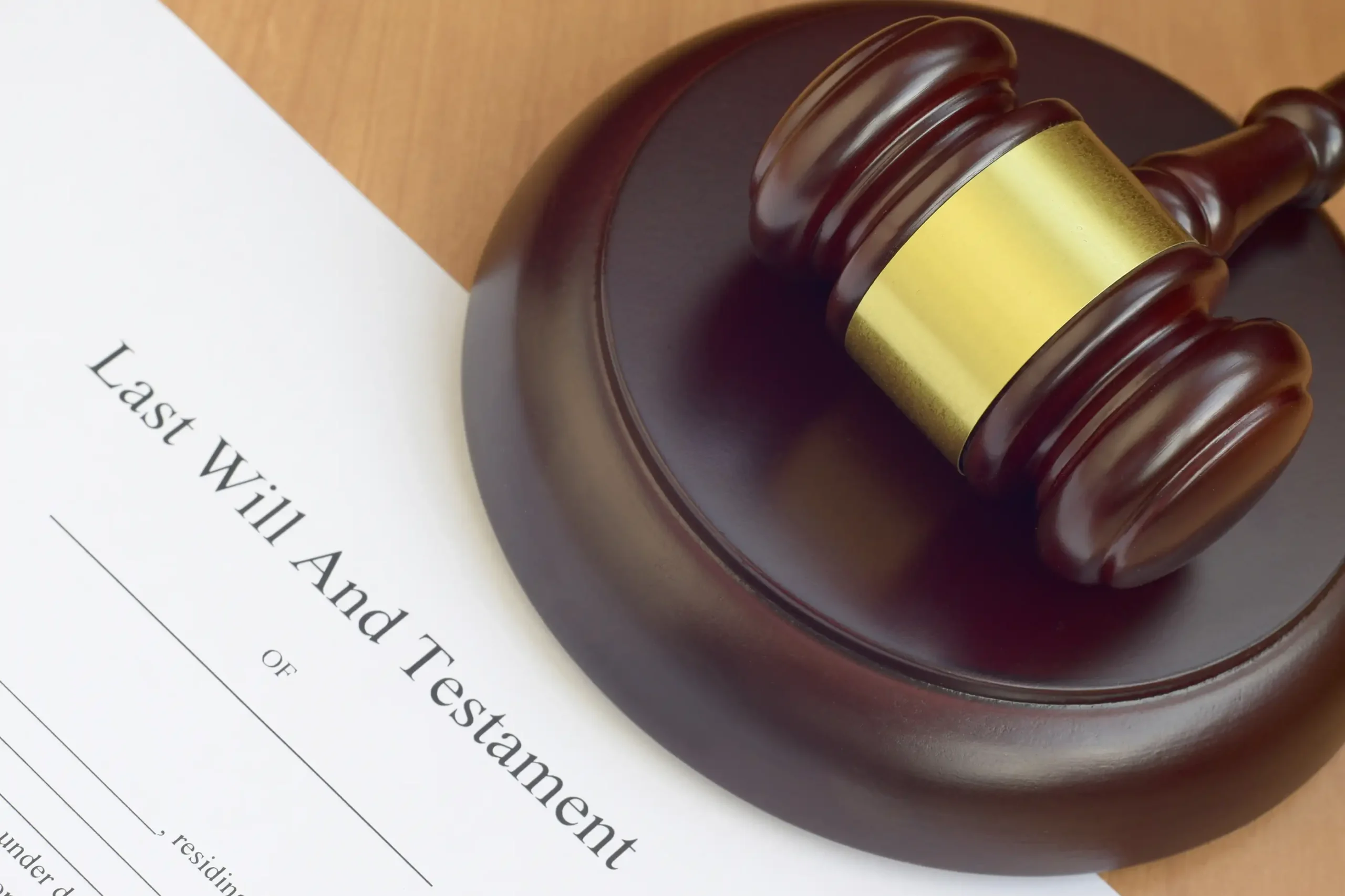Addressing the matter of writing, and securing your Last Will & Testament can undoubtedly be an uncomfortable topic, but even more uncomfortable, is a contentious “dead leff” horror story. A well drafted Will can give you the peace of mind of knowing your affairs can be wrapped up as smoothly as possible, so you do not have to worry about rolling in your grave.
WHAT IS A WILL?
A Will, also referred to as a Last Will & Testament, is a document which states your “last will”, or final intentions regarding matters which you (the testator/testatrix) desire to take effect after your death. This could include matters as to the distribution of your assets and wealth, as well as making provisions for your minor children.
WHY DO YOU NEED A WILL?
The creation of a Will can avoid chaotic and contentious situations surrounding the handling of your estate following your death. The creation of a Will can:-
- ● protect your interests;
- ● determine who handles your estate (an executor/executrix);
- ● determine who receives your assets;
- ● preserve the value of the estate and avoid waste;
- ● lower the potential for family disputes;
- ● provide funeral instructions; and
- ● grant peace of mind.
ENSURING THE WILL IS VALID
The Wills Act sets out the legal formalities which must be satisfied by the testator for a Will to take effect, and these include that:-
- ● the testator must have the necessary mental capacity, including attaining the age of majority, being of sound mind, and making his Will free from fraud, force, or duress;
- ● the Will must be in writing (whether handwritten, typewritten, or computer generated;
- ● the Will must be signed by the testator in the joint presence of at least 2 witnesses; and
- ● the witnesses must attest the testator’s signature in his presence.
WHAT GOES IN YOUR WILL
The contents of your Will are generally for you to decide. However, a standard Will includes, among other things:-
- ● A commencement;
- ● Appointment of executor(s);
- ● Appointment of guardian, as applicable;
- ● Directions;
- ● Identification of and distribution of assets;
- ● Details of beneficiaries; and
- ● A residuary clause.
Commencement
This introduces you as the testator, and includes your details such as full name, occupation, and address, and you usually state that it is your intention that the document be your Last Will and Testament. This would also revoke any previous wills.
Appointment of executors
The role of an executor will typically include applying to the court for a grant of probate of the Will, administering the estate in keeping with the terms of the Will, and settling the liabilities of the estate, among other things. It can become an intensive role that not everyone is prepared to assume.
When deciding who to appoint as your executor(s), it is important that they are willing to act, and are able to carry out their duties. You should appoint someone you trust, and someone you can depend on to follow the instructions in your Will.
It could be useful to appoint an executor, who is younger than you, and in good health, who you anticipate will survive you. Additionally, appointing more than one executor can avoid later complications for the beneficiaries, and save costs and time should one executor die before you or decide they no longer want to assume the responsibilities.
Appointment of guardian
Should you have young children or any dependents in your care, you may want to include an appointment of a guardian in your Will. This is to ensure that, where you wish to entrust someone specific with their care, this can be fulfilled.
Directions
This can include instructions as to funeral arrangements as well as the settling of debts and testamentary expenses.
Identification of and Distribution of Assets
A detailed description of your assets, and how you would like them to be distributed, is always important in your Will. Gifts in Wills are usually either bequeathed or devised. A bequest is essentially a gift of personal property other than land, such as an item of jewellery or a car, whereas a devise is a gift of real property, such as a house.
The asset must be fully described to allow for it to be easily identified. This usually includes specific details about that particular asset. You should give as many details as possible to avoid any ambiguity and challenges when administering the estate.
Details of Beneficiaries
You will need to clearly identify the persons who are to receive gifts under your Will. The beneficiaries of your Will may be natural persons like family members or friends, or can also include a company or charity. Details of the beneficiaries should include their full names, addresses, and occupations. Where a beneficiary is a minor, a trustee may need to be appointed to hold the asset for such minor until he/she comes of age.
Residuary clause
This is often termed the “catch-all” or “left over” clause because it is intended to catch any and all property belonging to or acquired by the testator that had not been specifically dealt with in the other clauses. The person named as beneficiary of the “residue” will receive the assets not specifically mentioned in the Will. This clause is important in order to avoid the residue or “left over” of the estate falling to intestacy, where it would be governed by the Intestates, Estates and Property Charges Act which may dictate the distribution of your assets in a manner that is not in line with your wishes.
TO WRAP IT ALL UP
Your Will once created, must be kept in a secure place as the original is required for the administration of your estate. Your Attorney or your executor(s) should ideally know how to find your Will and other important documents in the event of your untimely passing. As the time will come, most certainly as you must pay taxes, sleep in peace and avoid rolling in your grave by having a competent professional assist with the planning of your estate and the drafting of your Will.

Nsizwe Stewart is an Associate at Grant, Henry & Rhooms, and practices in the firm’s Estates & Probate Department. She may be contacted at nsizwe.stewart@ghrlegal.com or www.ghrlegal.com. This article is based on Jamaican law, is for general information purposes only, and does not constitute legal advice. Should you wish to seek legal advice, you may schedule a free consultation with our offices.



